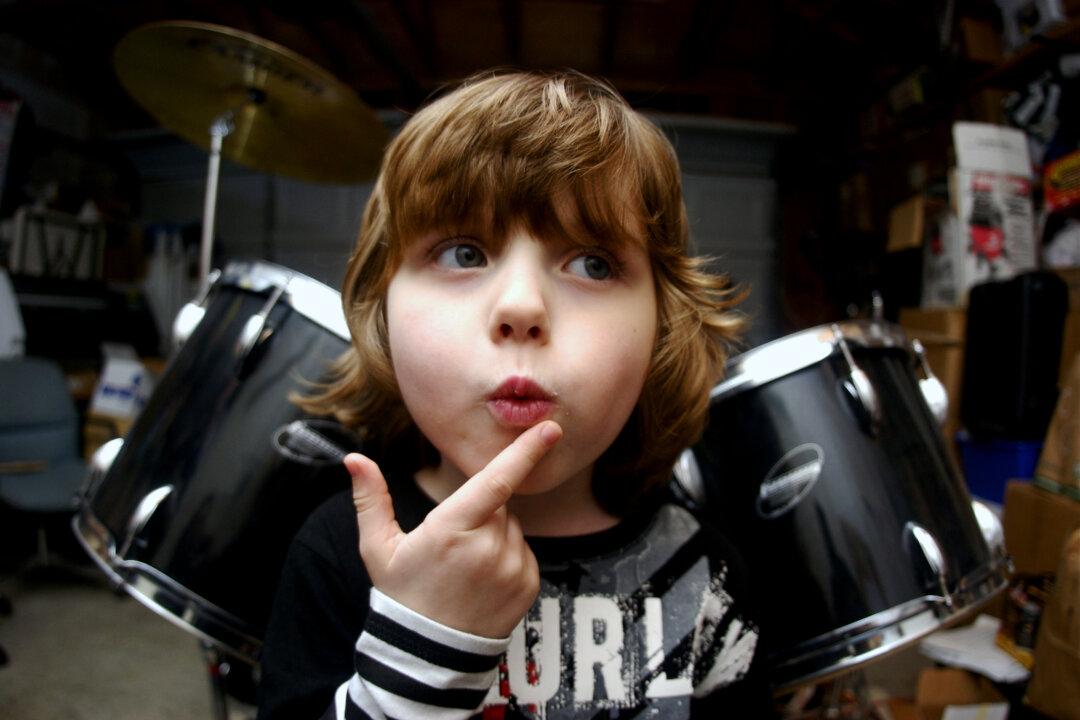Kids who perform better on verbal memory tests are better at covering up lies, a hidden-camera experiment shows.
Researchers gave six- and seven-year-olds the opportunity to do something they were instructed not to: peek at the final answers on the back of a card during a trivia game. A hidden camera and correct answers to the question allowed researchers to identify who had peeked, despite denials.
Further questioning, including about the color of the answer on the cards, allowed researchers to identify who was a good liar—the children who lied to both entrapment questions—or a bad liar—those who lied about one or none of the entrapment questions.

